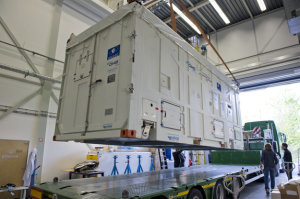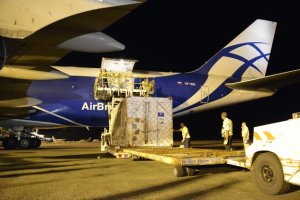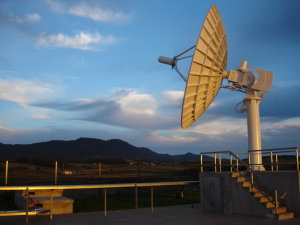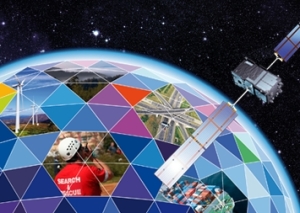Results are being processed from the first Galileo maritime trials outside of mainland Europe. The long-range, high-latitude testing spanned the North Sea, following the same historical sailing route that Viking dragon-ships used 1200 years ago.
The Belgian frigate Leopold I-F930 during the first high-latitude trials of Europe’s Galileo satellite navigation system sailed first from the Dutch marine base of Den Helder on 4 December 2013 to Stavanger in Norway. From there it progressed north in very rough seas with 10-m high waves, coming close to the Arctic circle on 17 December (a first for Galileo PRS observations) before heading homeward. Read more…




